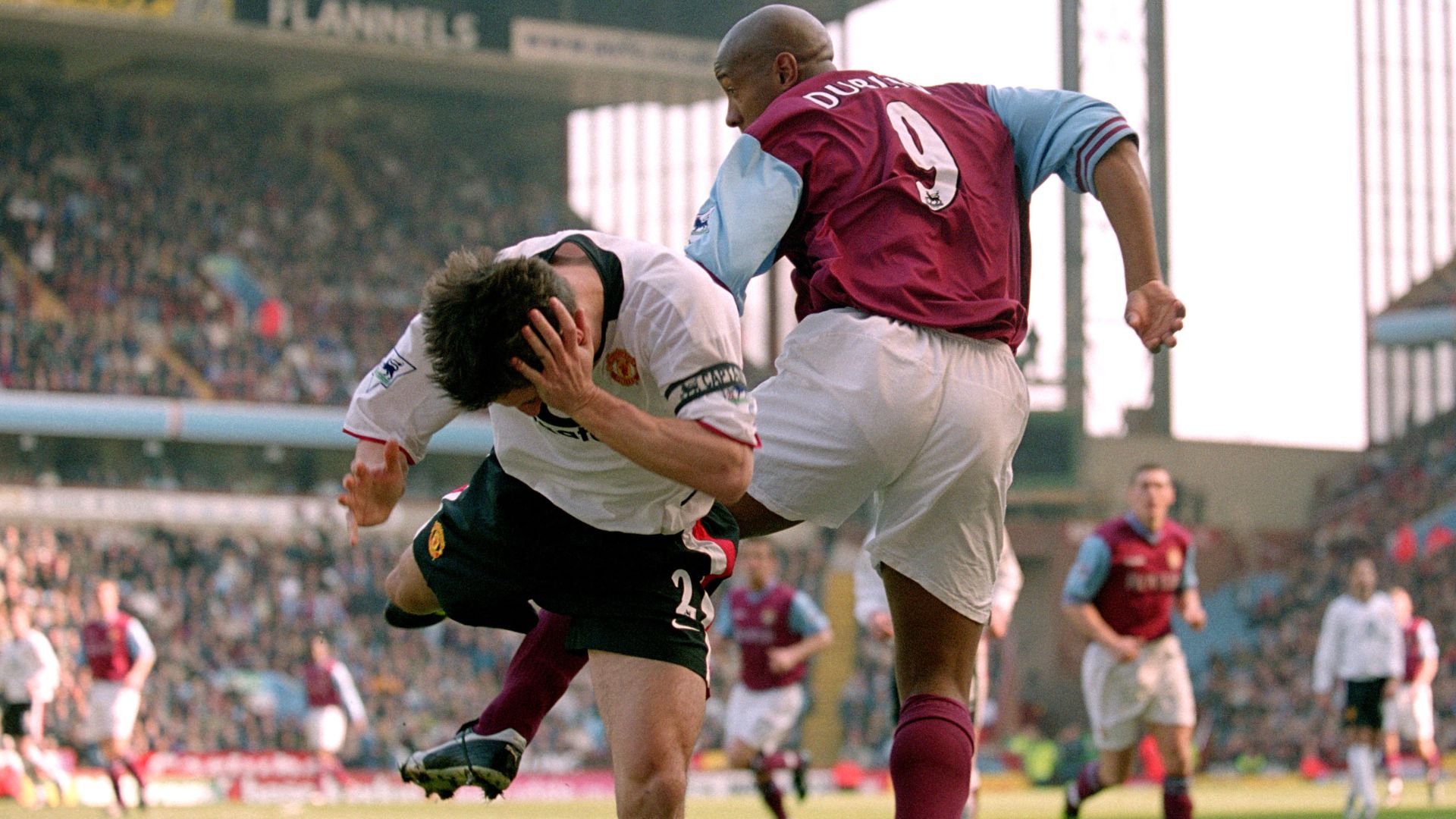
Even light bumps on the head can cause long-term problems, and researchers may now have an idea why: The brain's wiring can change in the aftermath of mild concussions.
Prior studies suggested that even mild traumatic brain injuries (TBI) that don't cause any observable structural damage can still trigger symptoms that persist for more than six months. These symptoms range from problems with concentration and fatigue to depression and anxiety.
Now, Rebecca Woodrow, a doctoral student at the University of Cambridge's Division of Anaesthesia, and her colleagues report that there can sometimes be an increase in the connectivity of the brain immediately after mild TBI that may help to predict and explain these long-lasting symptoms.
An estimated 50 million new TBI cases are reported worldwide each year and this figure has been increasing. The trend prompted scientists to launch CENTER-TBI, a European Union-funded project aimed at improving care for TBI patients.
Related: Concussions damage the 'bridge' between the two halves of the brain
The recent study, published in February in the journal Brain, used CENTER-TBI data and found that, even for mild TBI, in which the patient is expected to make a full recovery within six months, problems often persist beyond that point.
"We were surprised at how many of these patients have a poor outcome," Woodrow, the study's first author, told Live Science. "It was almost half."
Although there are treatments available for patients in intensive care for moderate to severe TBI, the understanding of mild TBI and its long-lasting symptoms remains poor, Woodrow said, adding, "There is limited care for those symptoms, little support for these patients."
The brain changes identified in the new study hint at a way of identifying which patients will likely suffer long-lasting symptoms, as well as possible targets for drugs that may aid the recovery.
Woodrow and colleagues analyzed data from 108 TBI patients and 76 controls. This data included not just standard MRI and CT scans, which show brain structure, but also functional MRI (fMRI) scans, which provide data about brain function and are not usually collected for mild TBI. fMRI reveals the regions that have activity levels changing in sync, which are then inferred to be functionally connected.
The CENTER-TBI dataset is unique because, in addition to brain scans, it includes behavioral data, clinical outcomes and biomarkers, co-senior author Emmanuel Stamatakis, whose University of Cambridge lab specializes in developing methods to understand fMRI data, told Live Science in an email. "This makes it feasible to relate brain function to observed behaviour," he said.
Although the CT and standard MRI scans didn't reveal structural changes in the TBI patients' brains, the fMRIs showed significantly higher connectivity between the thalamus and the rest of the brain, compared with the healthy controls.
Related: This blood test can detect brain injuries, but some doctors say it might be pointless
The thalamus is often described as the "relay" of the brain because many signals pass through the structure before being shuttled elsewhere. The thalamus is involved in not only primary sensory functions, such as seeing and smelling, but also various complex functions that activate multiple brain regions simultaneously, like concentrating, Woodrow said.
It may be that the brain adapts to injury in other areas of the brain by increasing their connections to the thalamus. Woodrow pointed out that the thalamus' position at the center of the brain also makes it vulnerable to injury from impacts, whatever direction they come from, so the increased connectivity could also be a response to direct thalamus injury.
Increased connectivity across the brain has already been identified in moderate and severe TBI, and in their new study, the authors noted that several past studies "support this adaptive hyperconnectivity hypothesis."
"We can't claim to fully understand why it happens yet," said Stamatakis. Some scientists theorize that, immediately after mild TBI, the brain becomes hyperconnected, but that connectivity later dwindles and becomes lower than usual, in the long-term.
But Woodrow explained that in mild TBI, it was thought that such hyperconnectivity effects may be much subtler than that seen in severe TBI and not significantly different from the varying connectivity levels normally seen from person to person. Past fMRI studies of mild injuries used small sample sizes of around 20 to 40 people, which limited their ability to identify a trend above baseline noise.
The current study includes "the largest sample studied with resting-state functional MRI in mild injury," Stamatakis said.
The study showed that not only is it possible to identify connectivity changes in the wake of mild TBI, but that regions where this hyperconnectivity is most prominent correlate with particular symptom types, such as emotional versus cognitive. These connectivity changes also correlate with concentrations of chemical messengers, or "neurotransmitters" in these brain regions. The study authors suggest that modulating these neurotransmitters could be a fruitful target for developing drugs to treat mild TBI.
Next, the researchers plan to look at the effects of repetitive concussion, as often seen in sports, to see whether TBI has cumulative effects that could make the consequences of concussion increasingly serious with each knock to the head.







